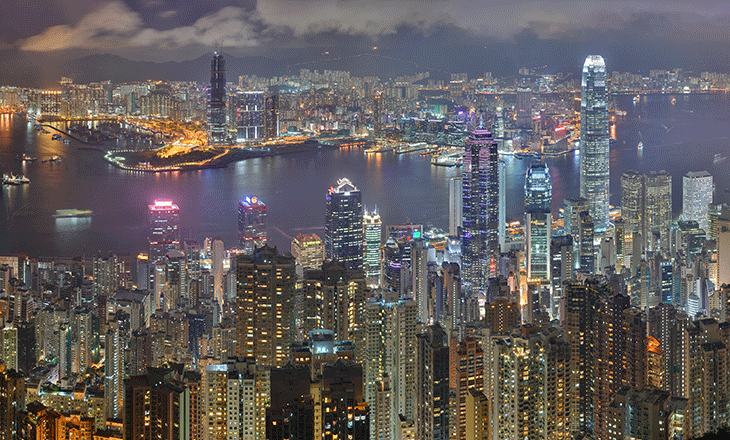Hong Kong-listed stocks plunged on Friday morning after talk of Beijing planning a new security law in response to massive pro-democracy protests that have gripped the city over the past year.
Premier Li Keqiang said China would “improve” the legal system and ensure national security in Hong Kong and Macau. Li promised that China would honor the “one country, two systems” structure, however, political critics are doubtful.
Activists in Hong Kong called for protests on Friday against the new plan. The region faces threat of repeating last year’s violent demonstration that began as a rejection of the ways in which Beijing has attempted to take away the right of freedom and expression of the former British colony in recent years.
Reportedly, the new law will make the handling of future political protests easier by prohibiting insubordination and insurgence and it could be passed as earlier as next week.
China’s plans to impose the new security law have caused an outrage in US Congress, putting President Trump into uncomfortable position because of his self-described friendship with Chinese President Xi Jinping.
When asked about it, Trump told reporters:
I don’t know what it is, because nobody knows yet. If it happens, we’ll address that issue very strongly.
In December, the US passed the Hong Kong Human Rights and Democracy Act that threatens to strip Hong Kong’s preferential trading status in the US if I t no longer enjoys autonomy from the China.
